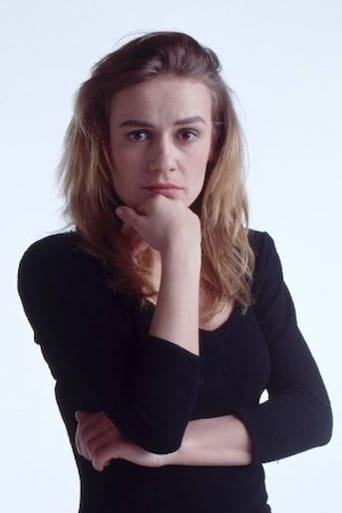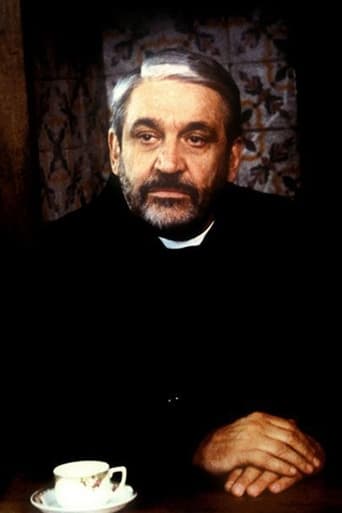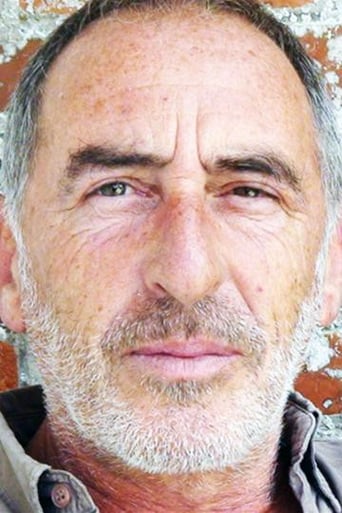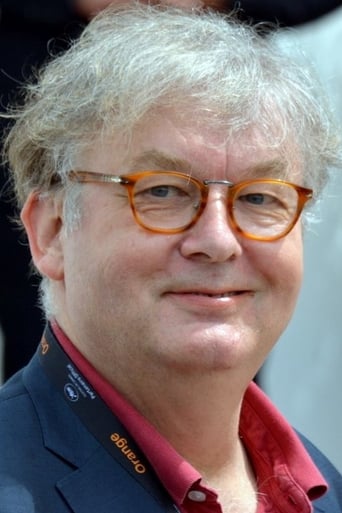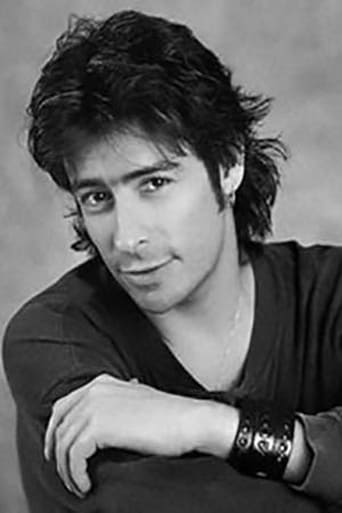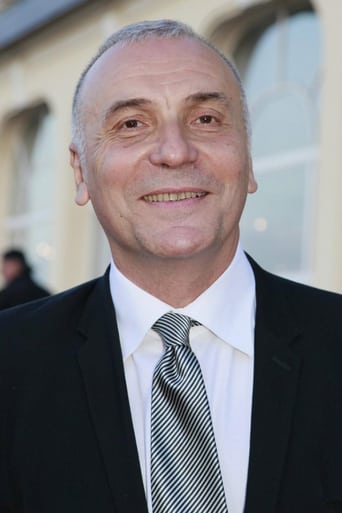Pacionsbo
Absolutely Fantastic
Baseshment
I like movies that are aware of what they are selling... without [any] greater aspirations than to make people laugh and that's it.
Borserie
it is finally so absorbing because it plays like a lyrical road odyssey that’s also a detective story.
Megamind
To all those who have watched it: I hope you enjoyed it as much as I do.
ormich
The movie doesn't offer much in the way of plot, so it relies heavily on character development. And that all goes smoothly until halfway through, where all the characters disintegrate and become inconsistent and unpredictable. Why does the father abandon his family after 20 years? Why does Suzanne react in such a nonchalant way about this if she loves her father so much? Why does the brother become an abuser? Why does Suzanne continue to take that abuse? We find out in the end that she keeps in contact with her father and the two still get along, so why doesn't she seek shelter in his house? Why does she get married? Why is she not pushing her brother away when he keeps being all over her and insulting her during the dinner, after all the abuse he's put her through? All of these things could be explained, but none of them is. Not to mention there are so many characters and faces throughout the film that make no impact. They're just flashes. They appear and disappear without doing or saying anything significant. The only character whose reactions and overall trajectory made sense throughout the movie was the mother. She's distraught after her husband abandons her and she's struggling to cope with her 2 children by herself, so she starts losing it. Logical. The rest of the characters are just exhibiting random behaviors in random situations, with no consistency. I don't generally mind vague characters or insinuated plotlines, but there has to be a foundation, something concrete to tie it all together. The movie doesn't have one. It deals with everything and everyone on a surface level and seems too lazy or too unfazed to go any deeper. So, in the end, it gave me nothing and left me feeling like I wasted 2 hours of my life (or so). I gave it a 3 -and not lower- mostly because I absolutely love Bonnaire and because I did enjoy the first half of the movie visually.
sparkyjaffe
The acting in this film is fine, but the film itself is very sad while somehow lacking much real substance. Suzanne, the troubled teen, wanders from boy to boy, showing us her lovely body and sweet smile, but she never seems to achieve any understanding. Her father, the most articulate character, talks a lot, but explains nothing. He is mostly just critical--especially of his son. Why does he walk out on his family?--oh, perhaps another woman, as Suzanne guesses, but we have seen no indication of what motivated him to leave. Many continuity problems contribute to making this film hard to follow. Suzanne leaves home in one outfit, has sex, then returns home in a totally different outfit. Is this supposed to represent different events or is it just sloppiness? The one character who seems to have any compassion is Jean-Pierre, the boy Suzanne marries and betrays. Poor lad. The film ends with Suzanne off to another man with Papa's blessing. No growth, no redemption. One can be reasonably sure Suzanne's latest adventure will end just as badly as all the previous
lastliberal
France dubbed this the best film of 1983, and named the love Sandrine Bonnaire, in her first credited role, as it's most promising actress for that year. It is easy to see why as she was a joy to watch as she flitted from bed to bed trying to find happiness. I am sure there are many who will shirk at the thought of admiring the 15-year-old's body.Those not in the loop on French films will not appreciate the style and grace of her life as she deals with a family that fights all the time, and can only find an outlet for emotions in the arms of willing lovers. But, she avoids the one who loves her Luc (Cyr Boitard), treating him like dirt when he says he loves her.Excellent film with great performances by Maurice Pialat as the father and Evelyne Ker as the mother, as well as a knockout job by Bonnaire.
sleestaker
For many, the lack of a defined storyline is maddening, often resulting in a less than satisfying experience. Almost stream-of-consciousness in its approach, Maurice Pialat's À Nos Amours does not appear to have much story structure, but the story is most definitely there and is related with a subtlety not often found in modern film.Bonnaire's portrayal of Susanne is brilliant (as others have said), and her almost wistful sadness permeates the performance. In one scene, her father (played by Pialat) says, "You never smile anymore," indicating the transformation of Susanne from innocence to experience. The men in her life are shown only for the time she is with them. There is neither introduction upon their arrival nor explanation as to their departure. Pialat uses this method to show Susanne's lack of emotional investment in these temporary romances.The only men who do return are her father, her brother, and Luc, her one real love. It is when she is with these men that she shows her true self, rather than the detached uncaring girl who sleeps around in an effort to replace them. The dialogue drives this film. There is little music, save the inspired use of Klaus Nomi's "The Cold Song". The sad wailing of Nomi's pseudo-operatic vocal against the opening credits of Susanne in the pulpit of a boat is a wonderful moment.Long out of print, this film is now available on DVD. It is deserving of a look by the discerning cinephile who may have missed it 25 years ago.

